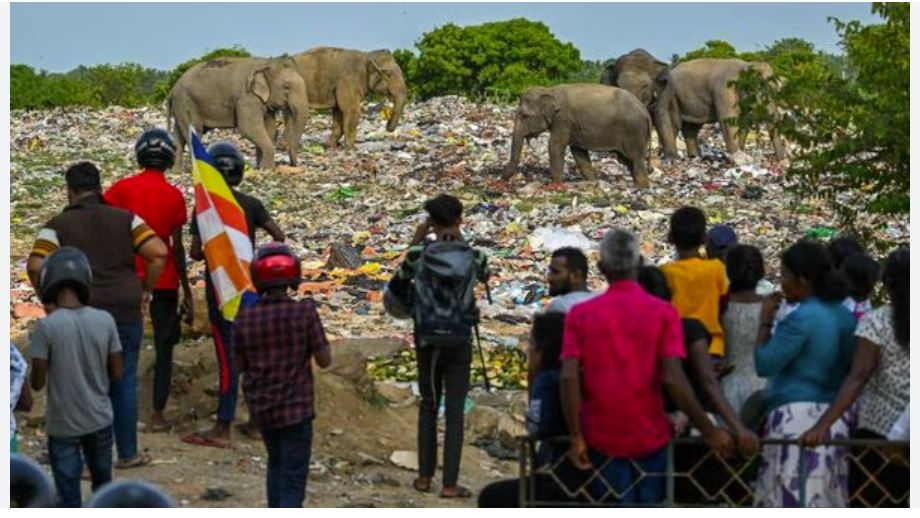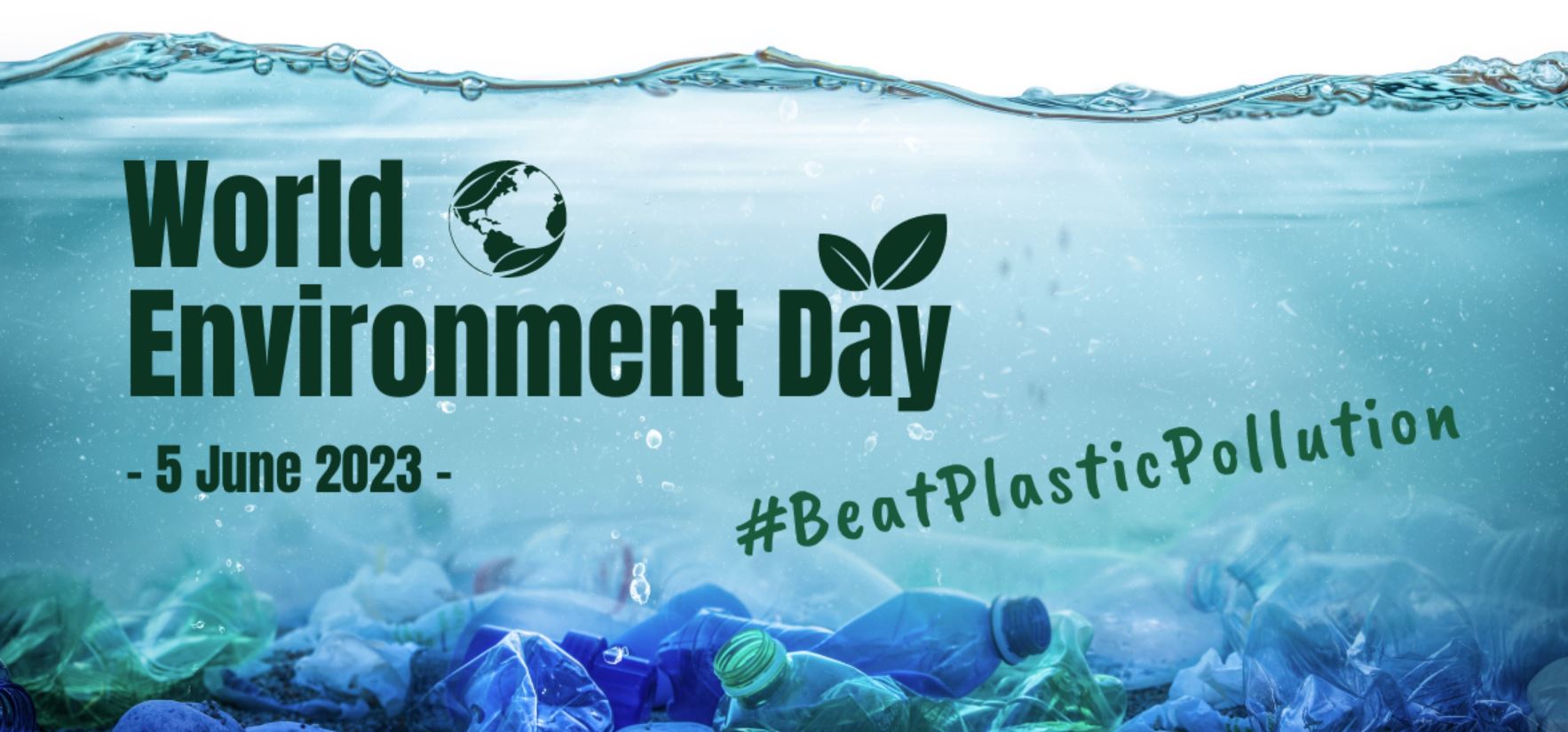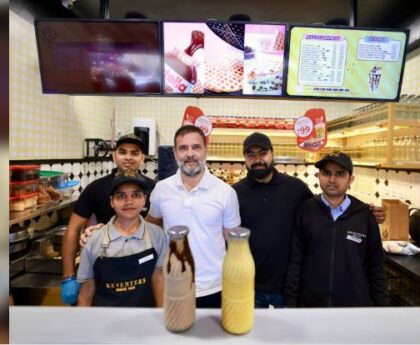50th Anniversary of the World Environment Day – #BeatPlasticPollution
June 5 is known as “World Environment Day” and it is the biggest international day for our environment.

Overview
World Environment Day 2023 is hosted by Cote d’Ivoire in partnership with the Netherlands. The program was led by United Nations Environment Programme (UNEP) since 1973.
Plastic is a threat to our biodiversity so we all should be aware about the impacts of plastic pollution and how we can come out of this threat.
History
World Environment Day is also known as “Eco Day”, “Environment Day”, “WED”. It was established in 1972 by the United Nations (UN) at the Stockholm Conference on the human environment.
Below is the list of last 50 years of WED Celebrations and details of hosted cities:
| Year | Theme | Host city |
|---|---|---|
| 1972 | Stockholm Conference on Human Environment | Stockholm,United Nations |
| 1973 | Geneva, Switzerland[8] | |
| 1974 | Only one Earth during Expo ’74[9] | Spokane, United States |
| 1975 | Human Settlements | Dhaka, Bangladesh |
| 1976 | Water: Vital Resource for Life | Ontario, Canada |
| 1977 | Ozone Layer Environmental Concern; Lands Loss and Soil Degradation | Sylhet, Bangladesh |
| 1978 | Development Without Destruction | Sylhet, Bangladesh |
| 1979 | Only One Future for Our Children – Development Without Destruction | Sylhet, Bangladesh |
| 1980 | A New Challenge for the New Decade: Development Without Destruction | Sylhet, Bangladesh |
| 1981 | Ground Water; Toxic Chemicals in Human Food Chains | Sylhet, Bangladesh |
| 1982 | Ten Years After Stockholm (Renewal of Environmental Concerns) | Dhaka, Bangladesh |
| 1983 | Managing and Disposing Hazardous Waste: Acid Rain and Energy | Sylhet, Bangladesh |
| 1984 | Desertification | Rajshahi, Bangladesh |
| 1985 | Youth: Population and the Environment | Islamabad, Pakistan |
| 1986 | A Tree for Peace | Ontario, Canada |
| 1987 | Environment and Shelter: More Than A Roof | Nairobi, Kenya |
| 1988 | When People Put the Environment First, Development Will Last | Bangkok, Thailand |
| 1989 | Global Warming; Global Warning | Brussels, Belgium |
| 1990 | Children and the Environment | Mexico City, Mexico |
| 1991 | Climate Change. Need for Global Partnership | Stockholm, Sweden |
| 1992 | Only One Earth, Care and Share | Rio de Janeiro, Brazil |
| 1993 | Poverty and the Environment – Breaking the Vicious Circle | Beijing, People’s Republic of China |
| 1994 | One Earth One Family | London, United Kingdom |
| 1995 | We the Peoples: United for the Global Environment | Pretoria, South Africa |
| 1996 | Our Earth, Our Habitat, Our Home | Istanbul, Turkey |
| 1997 | For Life on Earth | Seoul, Republic of Korea |
| 1998 | For Life on Earth – Save Our Seas | Moscow, Russian Federation |
| 1999 | Our Earth – Our Future – Just Save It! | Tokyo, Japan |
| 2000 | The Environment Millennium – Time to Act | Adelaide, Australia |
| 2001 | Connect with the World Wide Web of Life | Torino, Italy and Havana, Cuba |
| 2002 | Give Earth a Chance | Shenzhen, People’s Republic of China |
| 2003 | Water – Two Billion People are Dying for It! | Beirut, Lebanon |
| 2004 | Wanted! Seas and Oceans – Dead or Alive? | Barcelona, Spain |
| 2005 | Green Cities – Plant for the Planet! | San Francisco, United States |
| 2006 | Deserts and Desertification – Don’t Desert Drylands! | Algiers, Algeria |
| 2007 | Melting Ice – a Hot Topic? | London, England |
| 2008 | Kick The Habit – Towards A Low Carbon Economy | Wellington, New Zealand |
| 2009 | Your Planet Needs You – Unite to Combat Climate Change | Mexico City, Mexico |
| 2010 | Many Species. One Planet. One Future | Rangpur, Bangladesh |
| 2011 | Forests: Nature at your Service | Delhi, India |
| 2012 | Green Economy: Does it include you? | Brasilia, Brazil |
| 2013 | Think.Eat.Save. Reduce Your Foodprint | Ulaanbaatar, Mongolia |
| 2014 | Raise your voice, not the sea level | Bridgetown, Barbados |
| 2015 | Seven Billion Dreams. One Planet. Consume with Care. | Rome, Italy |
| 2016 | Zero Tolerance for the Illegal Wildlife trade | Luanda, Angola |
| 2017 | Connecting People to Nature – in the city and on the land, from the poles to the equator | Ottawa, Canada |
| 2018 | Beat Plastic Pollution[10] | New Delhi, India |
| 2019 | Beat Air Pollution[11] | People’s Republic of China |
| 2020 | Time for Nature[12][5] | Colombia |
| 2021 | Ecosystem restoration[13] | Pakistan |
| 2022 | Only One Earth | Sweden |
| 2023 | Solutions to Plastic Pollution | Côte d’Ivoire |
Importance
It is the responsibility of each and every individual to save the environment. So, to understand the condition of our environment, how we can make it better and to spread the awareness among individuals it is very important to know how we can save it.
This year theme is “Solution to plastic pollution”. Let us focus on harmful effects of plastic on our environment.

Harmful effects of Plastic
Plastic pollution is not only harmful for human beings but also very dangerous for aquatic animals, wildlife, birds etc.
- Soil -> Plastic pollution in soil is very harmful for agriculture. Chemicals from the plastic contaminates the soil which adversely affects the growth of any plant, crops grown in soil. As plastic is non-biodegradable it breaks down into tiny particles. It will take around 1000 years for a plastic to completely break down. In this way it releases toxic substances into the soil.
- Water -> Plastic pollution causes health issues to marine lives. Ocean organisms like fish, turtle, whale etc. eats waste of plastic which leads to their death.
- Surface -> Plastic pollution on surface/land is very dangerous it not only causes death to reptiles, mammals but also leads to blockage of sewer, waterways etc.
- When we burn plastic directly it releases toxic gases which pollutes our air and leads to “Air pollution”.
- When animals ingest plastic, it leads to blockage of their intestine and results into either of these death or major health issues.


Ways to Prevent Plastic Pollution
We should always use biodegradable products and try to avoid usage of plastic as much as possible. It is very important to understand all plastics are not recyclable.
All of us can contribute in preventing plastic pollution. Let us starts with our household activities:
- Whenever you’re going out for shopping (anything grocery shopping, supermarkets, dairy) please carry cotton bags or paper bags. This is the first step towards saving the consumption of plastics.
- Use bio-degradable garbage bags in your home (please try to avoid that cheap garbage bags available in signals).
- If you have plastic do not throw it anywhere, try to dispose it at its best place so that it doesn’t harm any animal, sea life or soil.
Spread Awareness
Government has taken many initiatives to spread awareness among individuals. In school as well it is taught to the children’s how they can avoid usage of plastic and impacts of environment pollution.
You can spread awareness among your friend circle, family, relatives.
Government should impose some rules for beaches as I have seen people are having snacks at beaches and directly disposing its waste in sea. If this action is taken seriously, it will not only save lives but also save money utilized in cleaning the sea which is happening in yearly basis (talking about Marine drive in Mumbai).






